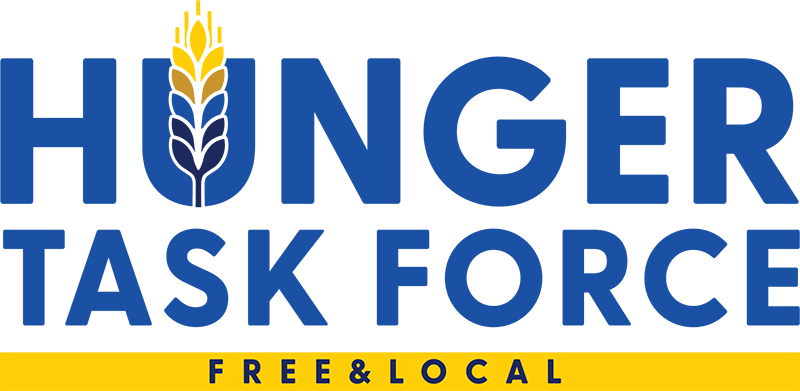While the pandemic has been an opportunity for the federal government to expand access to nutrition programs, some state legislatures are looking for ways to limit access to those programs. In early February, the Wisconsin legislature began debate on bills that would create even more hoops for families to jump through by imposing work requirements and drug testing for FoodShare participants – policies that have been shown to be a tremendous waste of taxpayer dollars and have little effect other than dissuade people in need from applying in the first place.
The rhetoric behind the bills being discussed by legislators in Madison aims to create the impression that people use FoodShare because they use drugs and don’t want to get a job – a dangerous, dishonest myth that has been shown again and again not to be based in reality. Consider that 57% percent of families receiving FoodShare in Wisconsin are working, 39% of recipients are children, and 26% of recipients are either elderly, blind, or disabled.
This recycling of incorrect stereotypes by those who oppose providing basic supplemental assistance for those in need often comes with a message about proper stewardship of taxpayer dollars. However, the policy response tends to be a prime example of irresponsible spending of those funds. A number of states have implemented drug testing for nutrition assistance programs with uniformly disastrous results. An example of this is the state of Missouri, which spent nearly $500,000 on testing 32,000 applicants in 2013. The result? Just twenty positive tests, or nearly $25,000 per positive test. Is this how we want our state to spend tax dollars?
Policies such as those being debated in Madison today rely on false stereotypes and blank checks signed by the taxpayers. Let our representatives know that we should be moving forward in creating access to food for all, not falling back into old mistakes at the expense of those who need help the most.
